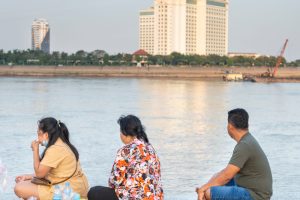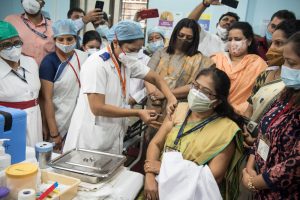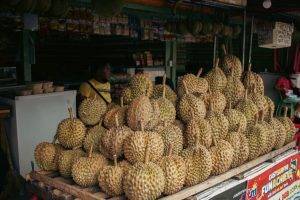Despite the widespread use of BCG vaccinations in Singapore since the mid-1950s, about 2,000 tuberculosis (TB) cases are diagnosed annually.
This perplexing situation begs the question: Why do TB cases continue to emerge in a country with strong public hygiene and healthcare systems?
The Limits of BCG Vaccination
French scientists Albert Calmette and Camille Guérin developed the BCG (Bacillus Calmette-Guérin) vaccine in the early 20th century primarily to protect against TB, which mainly affects the lungs. Scientists prepare the vaccine from a weakened strain of Mycobacterium bovis, a bacterium closely related to Mycobacterium tuberculosis that causes TB.
The BCG vaccine is particularly effective in preventing severe forms of TB in infants and young children, such as TB meningitis (affecting the brain lining) and disseminated TB (affecting multiple organs). However, its effectiveness in protecting against pulmonary TB, the most common form of the disease in adults, is limited. Consequently, BCG vaccination is not a guarantee of lifelong immunity to TB.
BCG vaccination does not provide lifelong protection against TB. While the vaccine is effective in protecting infants from severe forms of the disease, it cannot offer significant protection against the most common form of TB in adults, pulmonary TB. In Singapore, most TB patients are over 60 years old.
Tackling the TB Public Health Threat
To reduce TB rates in Singapore, strategies beyond routine contact tracing must be implemented. Whole genome sequencing has proven effective in identifying genetic linkages between different TB strains, allowing for expanded contact screening. Singapore has sequenced all TB isolates since November 2020, leading to the detection of more cases than through contact tracing alone.
Drug Resistance Challenges
Drug-resistant TB, including multidrug-resistant and extensively drug-resistant TB, complicates the treatment process. While rates of drug-resistant TB remain low in Singapore, early diagnosis and appropriate treatment are crucial to prevent its spread.
A Global Challenge
The WHO’s End TB strategy, aimed at reducing TB incidence rates by 50% from 2015 to 2025, has fallen short. The WHO has identified scaling up testing and treatment of latent infection in high-risk individuals as a key strategy, but as of 2021, they have only achieved a 10% reduction, partly due to the COVID-19 pandemic.
Towards TB Elimination
An effective vaccine against pulmonary TB is essential for eliminating the disease. Public awareness of TB symptoms and the fact that it is a curable disease can help facilitate early detection and treatment. By deploying comprehensive strategies, Singapore can stop TB from being a public health threat.
Addressing TB Stigma and Education
Public understanding and education about TB are essential in combating the disease. Dispelling myths and misconceptions about TB, such as the idea that it is incurable, can encourage people to seek testing and treatment. Reducing stigma associated with TB is crucial in fostering a supportive environment for patients and their families.
Monitoring and Evaluation
Continuous monitoring and evaluation of TB programs and strategies are vital in understanding their effectiveness. Regular assessments can ensure efficient allocation of resources by identifying gaps and areas for improvement. Data-driven decision-making can contribute to the development and implementation of more effective TB control strategies.
Heading into a TB-Free Future
Despite the persistent challenge of TB in Singapore, advances in technology and education offer hope in eliminating this devastating disease. By deploying a comprehensive and coordinated approach, we can make significant strides towards ending the public health threat of TB in Singapore and beyond.














